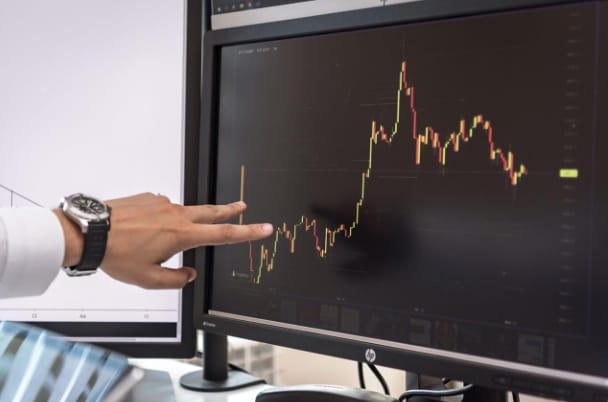Have you ever considered how some traders manage to enter larger positions than their account balance might suggest? They often use a powerful tool called margin. This allows them to borrow funds from their broker to increase their trading capacity.
While this can open up new opportunities, it also comes with its own set of rules and risks. Let’s explore what margin trading involves and what you should know before you begin.
Core Benefits
The primary advantage of using margin is the potential for increased leverage. Leverage magnifies your purchasing power, enabling you to open larger trades. For instance, with a certain amount of capital, you could control a position several times larger.
This capability means that even small, favorable market movements can result in significant profits relative to your initial investment. It’s a way to make your capital work harder for you.
Amplified Gains (and Losses)
Leverage is a double-edged sword. Just as it can amplify your gains, it can also magnify your losses. A small market movement against your position can lead to substantial losses, sometimes exceeding your initial investment.
This is the central risk of margin trading. It is vital to remember that you are responsible for repaying the borrowed funds, regardless of whether your trade is profitable or not. Successful traders who use margin are acutely aware of this and manage their positions carefully.
Choose a Broker
Not all brokers are the same. When selecting one for margin trading, look for a firm with a good reputation, transparent fee structures, and competitive margin interest rates. Read the terms of their margin agreement carefully to understand their policies on margin calls and interest charges.
A reliable broker will also provide robust trading tools and educational resources to support you.
Evaluate Your Risk Tolerance
Before you consider using margin, you must have a clear understanding of your own risk tolerance. How much are you prepared to lose? Trading with borrowed money introduces a higher level of psychological pressure. It’s one thing to lose your own capital, but it’s another to lose borrowed funds that you must repay.
Be honest with yourself about your financial situation and your emotional capacity to handle potential downturns.
Capital Adequacy is Essential
Having sufficient capital in your account is crucial. Brokers have a “maintenance margin” requirement, which is the minimum account balance you must maintain. If your account value drops below this level due to market losses, you will receive a “margin call”.
This is a demand from your broker to deposit more funds or sell assets to bring your account back up to the required level. Failing to meet a margin call can result in your broker liquidating your positions at a loss.
Knowledge is Authority
Thorough market knowledge is non-negotiable. You should have a solid trading strategy and a deep understanding of the assets you plan to trade. Relying on margin without a proper plan is a recipe for disaster.
Educate yourself on market analysis, economic indicators, and the specific factors that influence the price of your chosen assets. The more you know, the better equipped you will be to make informed decisions and manage your risk effectively.
Disclaimer:
This article is for educational and informational purposes only. It does not constitute financial advice, investment guidance, or an endorsement of Quotex, Qxbroker, or any trading platform. Binary options and online trading involve significant risk and may lead to the loss of your invested capital. Readers are advised to conduct their own research and seek advice from a qualified financial professional before making any trading decisions. The author and publisher are not responsible for any losses or damages arising from the use of the information shared in this post.
